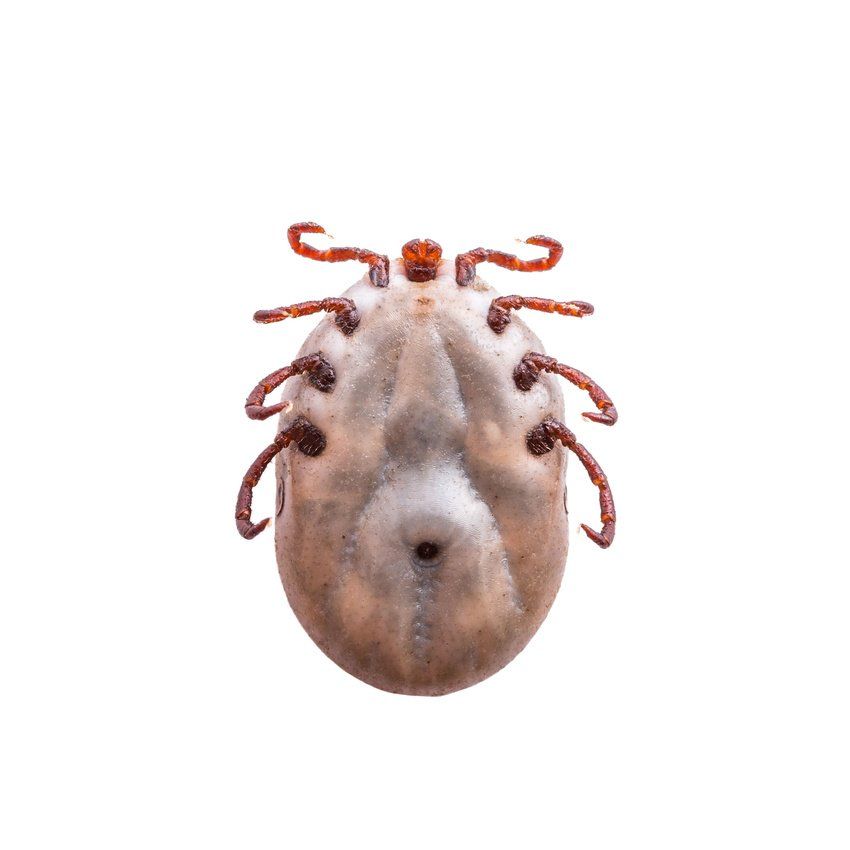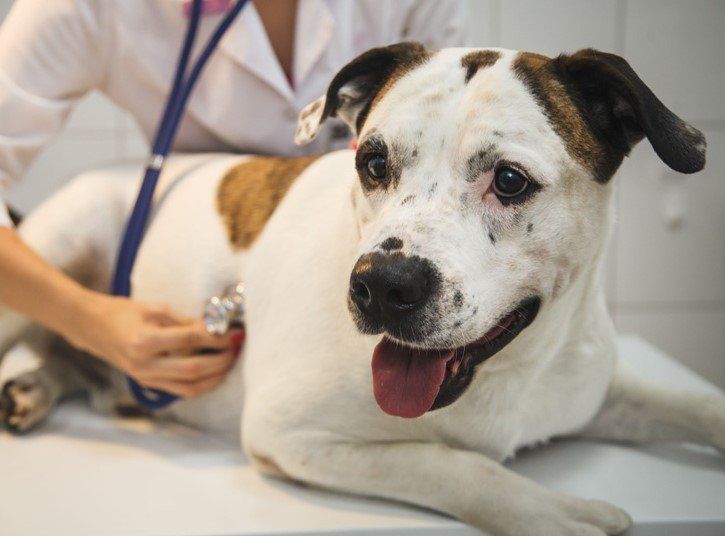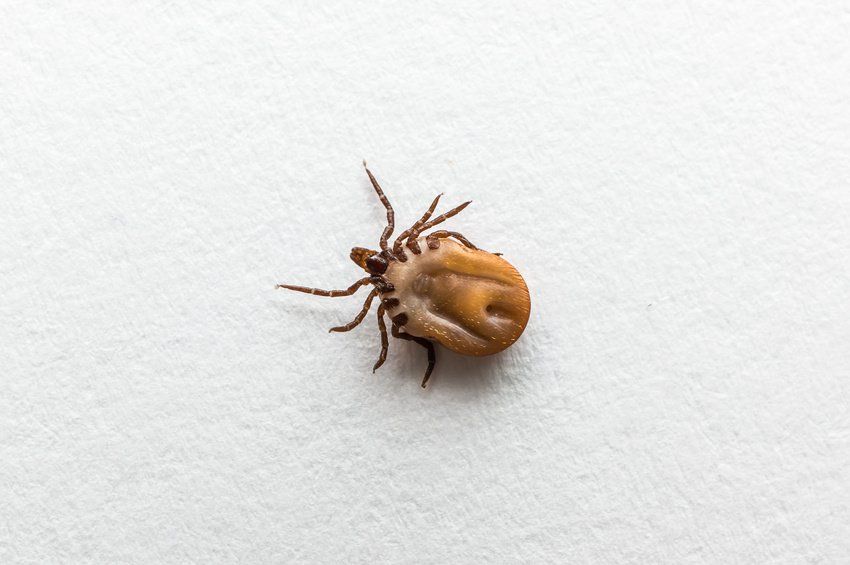Life-Saving Preventative Services
PLEASE CALL US FOR DETAILS
Protection Against Parasites and Insects
Keep your pet healthy by protecting them against parasites such as heartworms, fleas, and ticks. These parasites are more than just pests–they can cause life-threatening conditions in your pet. Trust Manatee Veterinary Clinic to provide the best preventive regimen for your pet, based on lifestyle and risk factors. We can also provide expert advice on keeping your whole household safe from parasitic infection. Contact us today
to make an appointment.
Flea and Tick Prevention and Control

Fleas can cause severe itching, irritation, and allergies. They can also transmit tapeworms and diseases. Fleas can infest dogs, cats, ferrets, mice, and rats. They can bite people, too. For more information, contact us
today.
Don't let these blood-sucking parasites stay on your pet or in your home. Allow us to help keep fleas away or help you get rid of them. Connect with us to learn how to eliminate and control fleas or to start your pets on a flea preventive today.
Heartworm Prevention

Did you know that mosquitoes can transmit heartworm infection to your pet? These parasites can severely and sometimes fatally damage the heart, lungs, and blood vessels. Some pets may not show any signs of infection, and symptoms can vary widely.
Signs of heartworm disease in dogs can range from coughing, fatigue, and weight loss to difficulty breathing and a swollen abdomen (caused by fluid accumulation from heart failure). Heartworm infection can also lead to a life-threatening complication in dogs called caval syndrome.
Cats can suffer from a syndrome referred to as heartworm-associated respiratory disease (HARD). The symptoms can mimic those of asthma or allergic bronchitis. Signs of respiratory distress, such as rapid or difficult breathing, wheezing, and panting, are common. Heartworm infection is more difficult to diagnose in cats than it is in dogs.
Treatment for heartworm infection is far more expensive than prevention. Ask us to recommend the best regimen of heartworm prevention for your pet.
Tick Prevention

Ticks can cause serious and deadly diseases, including Lyme disease, Rocky Mountain Spotted Fever, Babesiosis, Ehrlichiosis, and tick paralysis. If your pet starts coughing or has joint pain, trouble breathing, fever, weakness, or loss of appetite, weight, energy, or coordination, you should immediately seek medical attention.
Keeping your dog or cat on a tick preventive is recommended. Tick preventives are safe and highly effective. Call us
to get your pet protected today!
Call 941-746-7902 to schedule your appointment.












